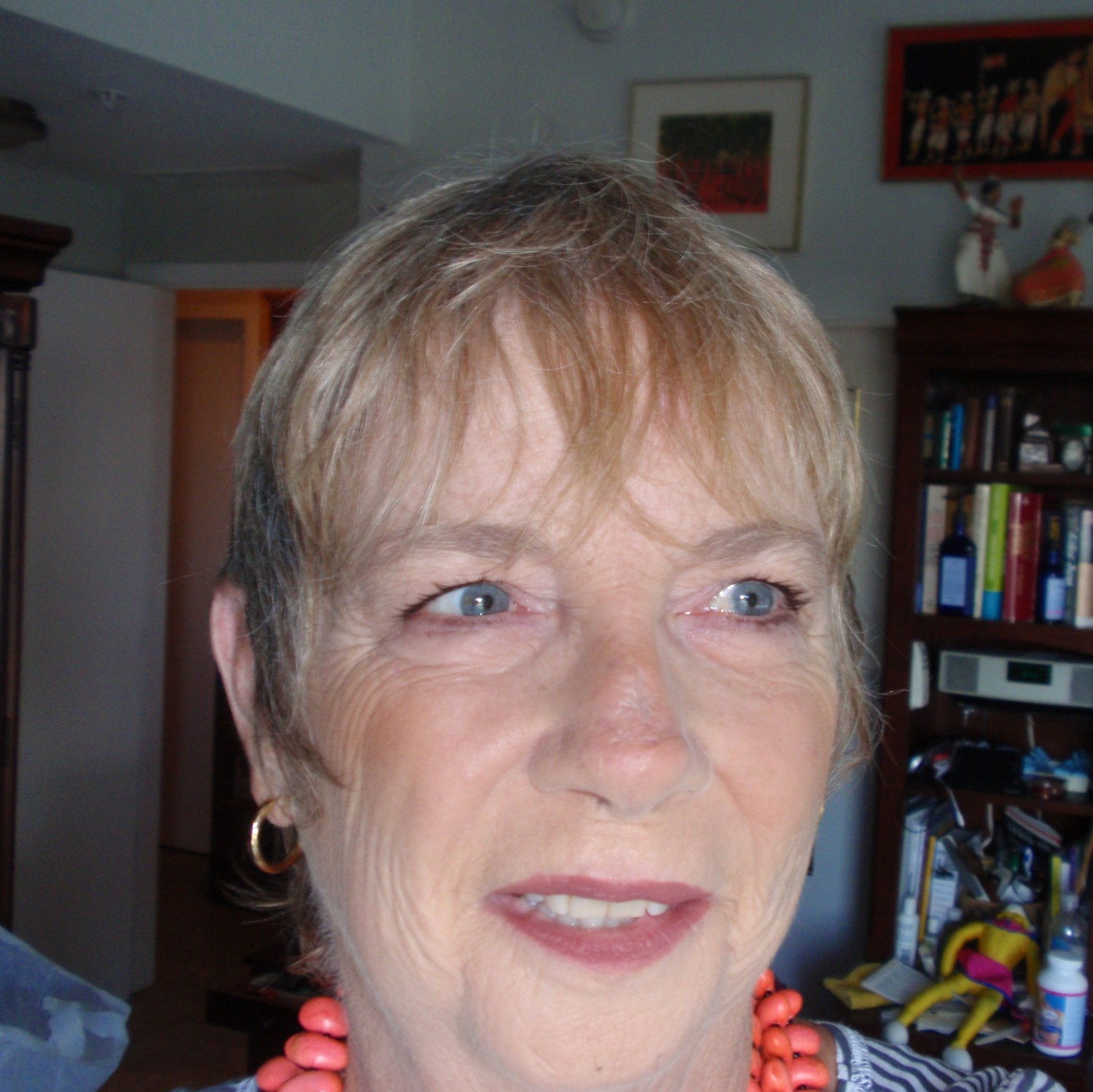Issues of citizenship, nationality and belonging have been in the news recently. The great ‘immigration debate’ rages as Americans try to wrestle with exactly when someone becomes “American”. But these questions are not just abstract legal issues or economic ones. They represent an essential component of how we define who we are. For the vast majority of people in the world, this poses no problem. But for some of us – and our numbers are growing — questions arise.
Citizenship is a legal term, it refers to a country within which you, as a citizen, have certain rights and for whom the government has certain responsibilities. You can have, as do I and many I know, dual, triple or even quadruple citizenship. You can get citizenship through birth, from your parents, from your spouse or through legal means such as naturalization. Citizenship is conferred differently by different countries. In some, it’s fairly difficult to attain. In others, quite easy.
Nationality is less precise. According to my American Heritage Dictionary, nationality is “the status of belonging to a particular nation by origin, birth or naturalization.” or “a people having common origins or traditions”. But what nationality are you if you’re born one place, of parents of another country and grew up yet somewhere else? Nationality can be defined by others. The Chinese government reserves the right to claim as Chinese nationals all ethnic Chinese from any community anywhere in the world, regardless of how long it has been since any family member has ever set foot in China. A friend of mine who was of Japanese descent – several generations ago – found it very difficult when she visited Japan because she found that there was an expectation that despite her foreign ‘citizenship’, upbringing etc. that she would continue to be fully and completely ‘Japanese’ including how she walked, talked and moved. She told me she grew tired of being criticized for how she stood while waiting for a subway.
For me, questions such as “Where are you from?” Or “What are you?” always provoked a feeling of discomfort. Where was I from? I was born in Brazil, spent little time in the U.S. growing up so certainly I didn’t feel as if I was from the U.S. But did that make me ‘Brazilian’? Not really. My parents were from the United States, I received a largely U.S. style education, and spent much of my adult life representing the U.S. overseas. So I must be ‘American’.
I spent only four years of my first 18 in the U.S., the rest I was in Guatemala, Cuba and Brazil. When I was a teenager I was so rabidly, wholeheartedly and fanatically Brazilian, that my American parents, fearing I would lose my American identity entirely, insisted in my returning to the U.S. to go to college. When they moved to Tunisia during my college years, I ended up with no family or roots to return to in Brazil, so I settled into life in the U.S. Ironically because I wanted to get back overseas, I ended up becoming an American foreign service officer and took as my job ‘explaining America’ to the rest of the world But I never relinquished my Brazilian citizenship and I always maintained a brazilian heart.
My latest ‘identity crisis’ was triggered by the World Cup. The World Cup tested my national loyalties. I have now lived and worked in so many countries – in North America, South America, Africa and the Far East – that I have emotional ties to them all. When Spain faced Tunisia, who should I root for? When the U.S. faced Ghana? (Sorry, but I just had to root for the Africans on this one). What about when Brazil faced Ghana? How I envied those friends whose loyalties were clear.
But then I remembered two important points. First, while it may be confusing and at times lonely feeling no strong sense of belonging to one place, I get such great joy from feeling connected to so many places. As the World Cup went on those who rooted so passionately for one team, lost so much after their team was eliminated. But I just kept finding a new team to which I had an emotional attachment.
Secondly my sense of belonging in the U.S. as a whole may be tenuous at times, but I do very much feel a part of Miami. After all, Miami is the community version of me. So many loyalties, so many identities, so many citizenships. I could hardly have found a more appropriate place to live.
And finally as I fret about my multiple identities I can’t help but be aware of the millions of refugees that don’t have any — no citizenship, no nationality, no home. So now I’ll stop worrying about my crisis of too many identities and focus on ways — however small — I can help those who have lost all of theirs.









 f the Ebola virus, I hear the theme from Jaws in my head.
f the Ebola virus, I hear the theme from Jaws in my head.

